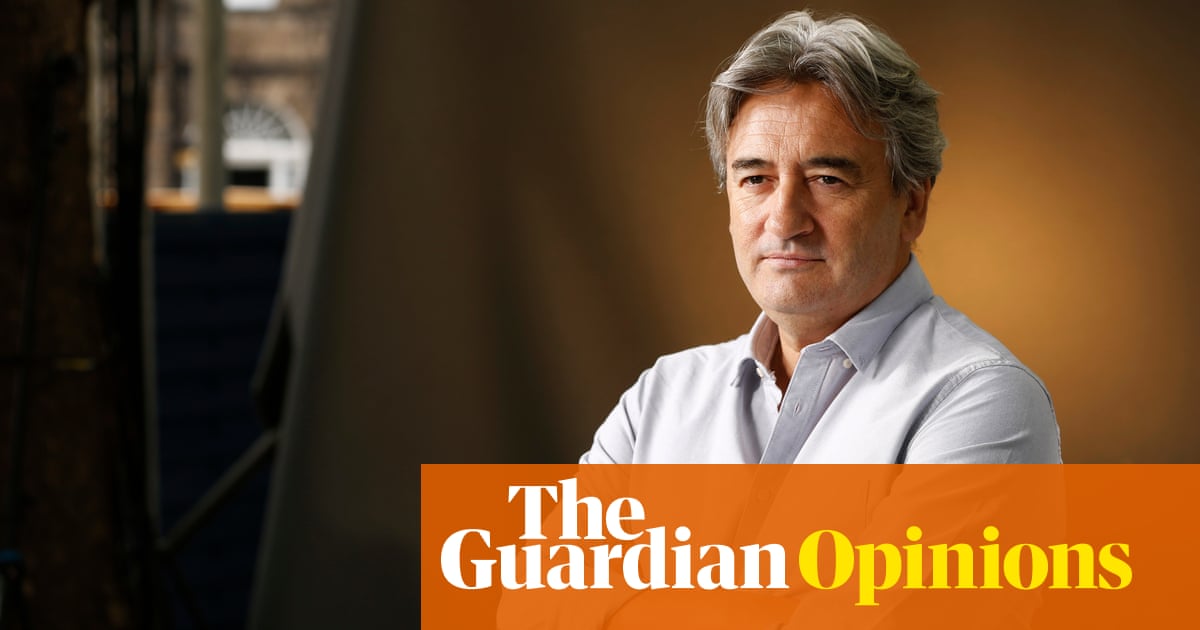The
BBC reporter has revealed that his work has left him with PTSD. On
Holocaust Memorial Day, we should remember the debt we owe to those who have experienced dreadful things on our behalf

Trauma, like its sibling stress, is a much-overused word these days. People are “stressed” by a full inbox or “traumatised” because they left their phone in an Uber. Maybe we underplay the reality of trauma because we cannot look it in the face. Our streets are full of bundles of rags in sleeping bags, with people inside. We could ask them about the trauma of abuse or addiction, but we scuttle past. This is not a blame game – we all cope by shutting down.
But what if you can’t shut down? What if you can’t forget? What if the horrors you have seen can’t be put in a box marked “the past”, but are ever-present? Then you are in trouble. It was tremendously brave, even for a brave man such as the BBC reporter Fergal Keane, to talk about post-traumatic stress disorder (PTSD). Keane had been dealing with this after decades of reporting from conflict zones all over the world. His colleague Jeremy Bowen has spoken of long period of depression and PTSD after his many years in the Middle East.